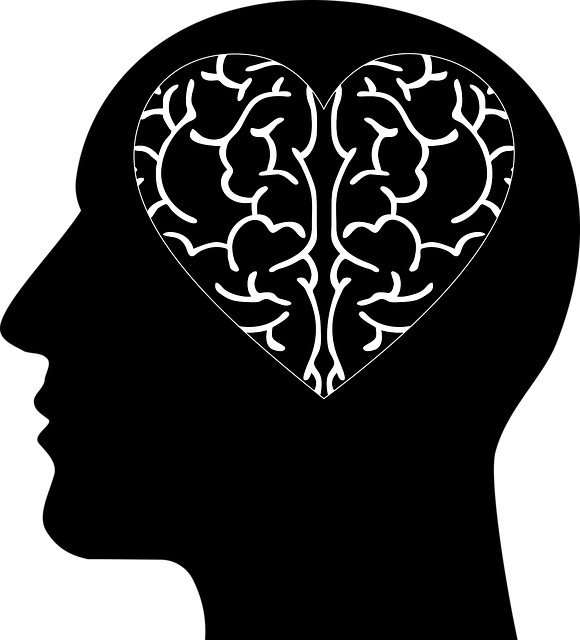Mental health policies focusing on therapy for elders bipolar disorder are key to improving care for elderly individuals with this condition. Tailored interventions like access to quality therapy, innovative service delivery models, and coaching programs enhance symptom stabilization and mental wellness. Systemic issues like limited resources, shortage of specialized therapists, and barriers to transportation must be addressed through targeted solutions like geriatric care specialist training, community outreach, and digital solutions. Advocacy for improved services involves integrating therapy for elders bipolar disorder within primary care and raising awareness about age-related complexities, aiming to secure increased funding for specialized programs emphasizing self-care and risk management for better outcomes and quality of life.
Mental health policy plays a pivotal role in shaping the well-being of elderly individuals with bipolar disorder. This article delves into the intricate relationship between mental health legislation and its tangible impact on access to therapy for elders struggling with this complex condition. By analyzing current systems and identifying gaps, we expose crucial areas for improvement. Furthermore, we explore advocacy strategies aimed at enhancing mental health services specifically tailored to meet the unique needs of bipolar elderly individuals, emphasizing the importance of targeted therapy in their overall care.
- Understanding Mental Health Policy and Its Impact on Elderly Bipolar Disorder
- Analyzing Current Systems and Gaps in Therapy Access for Elders
- Advocacy Strategies to Improve Mental Health Services for Bipolar Elderly Individuals
Understanding Mental Health Policy and Its Impact on Elderly Bipolar Disorder

Mental health policies play a pivotal role in shaping the support and care available for elderly individuals living with bipolar disorder. This complex mental health condition, characterized by extreme mood swings, requires tailored interventions to manage symptoms effectively. Policy understanding involves recognizing the interplay between access to quality therapy for elders with bipolar disorder, service delivery models, and community integration.
Effective mental wellness coaching programs development, coupled with empathy building strategies and improved communication techniques, can significantly enhance care outcomes. Policies that prioritize these approaches ensure that elderly individuals receive comprehensive support, fostering not just symptom stabilization but also improved mental wellness. By integrating these strategies into policy frameworks, we can create a more inclusive and supportive environment for the elderly with bipolar disorder, ultimately improving their quality of life.
Analyzing Current Systems and Gaps in Therapy Access for Elders

The accessibility of therapy for elders with bipolar disorder is a critical aspect of mental health policy that requires thorough analysis. Current systems often face challenges in providing adequate support, leaving many seniors struggling with unmet needs. This gap in access can be attributed to various factors such as limited resources, a shortage of specialized therapists, and barriers to transportation or technology adoption for remote services. Understanding these systemic issues is essential for advocates and policymakers to push for improvements.
Focusing on therapy for elders with bipolar disorder, it’s evident that targeted interventions are needed to enhance mental health awareness and ensure timely support. By addressing the existing gaps, we can create a more inclusive environment, offering not just anxiety relief but also confidence-boosting strategies tailored to this demographic. This involves investing in training programs for mental health professionals specializing in geriatric care, increasing community outreach efforts, and implementing digital solutions to overcome geographical barriers, thereby improving overall therapeutic access.
Advocacy Strategies to Improve Mental Health Services for Bipolar Elderly Individuals

Advocating for improved mental health services specifically tailored to bipolar elderly individuals is a multifaceted approach that involves raising awareness and pushing for policy changes. This strategy includes highlighting the unique challenges faced by this demographic, such as age-related cognitive changes and comorbidities, which can complicate the diagnosis and treatment of bipolar disorder. By emphasizing these complexities, advocates can push for increased funding allocation towards specialized mental health programs designed for older adults with bipolar disease.
One effective advocacy strategy is to promote the integration of therapy for elders bipolar disorder within primary care settings. Encouraging self-care practices and risk management planning for mental health professionals can better equip them to support the inner strength development of bipolar elderly individuals, leading to improved outcomes and enhanced quality of life.
Mental health policy plays a pivotal role in ensuring accessible and effective therapy for elders with bipolar disorder. By analyzing current systems, we have identified critical gaps that hinder optimal care. Through advocacy strategies, such as raising awareness, advocating for policy changes, and fostering collaboration among stakeholders, we can significantly improve mental health services tailored to the unique needs of elderly individuals with bipolar disorder. Implementing evidence-based practices and addressing systemic barriers will ultimately enhance the well-being and quality of life for this vulnerable population.








